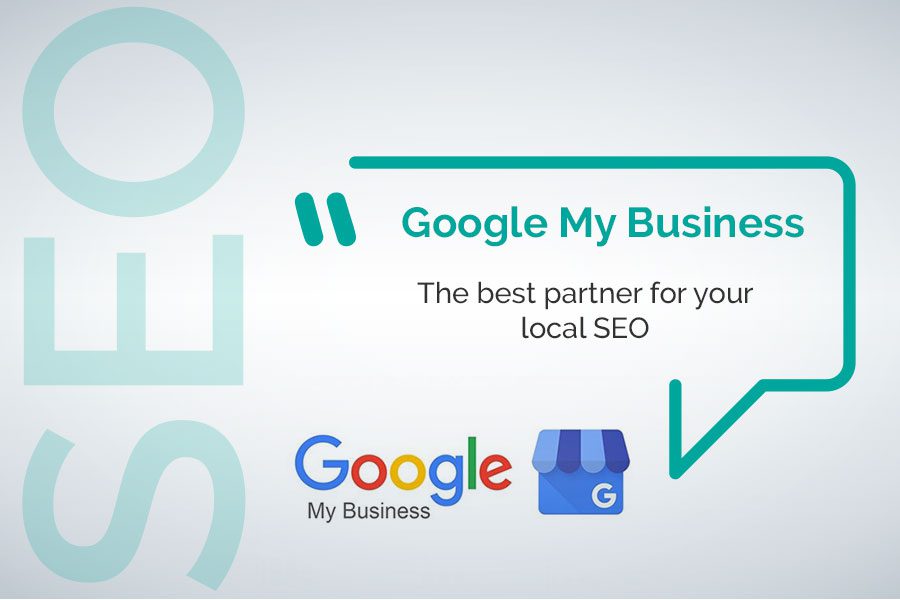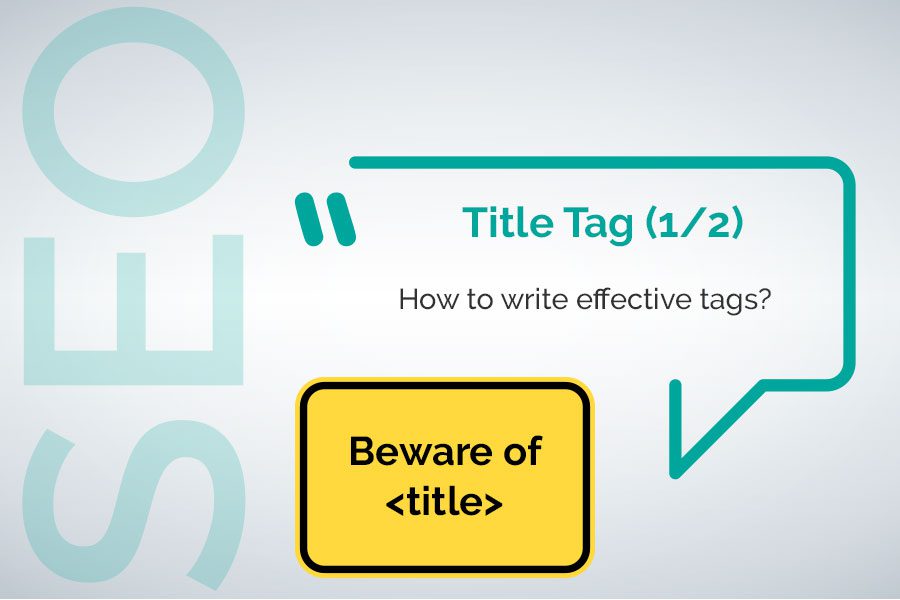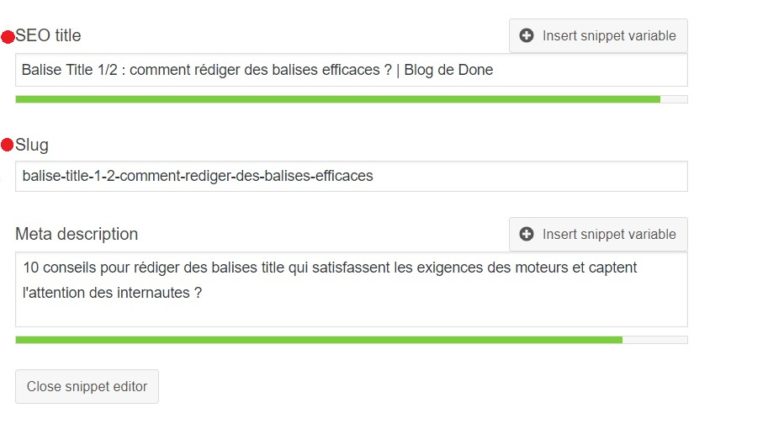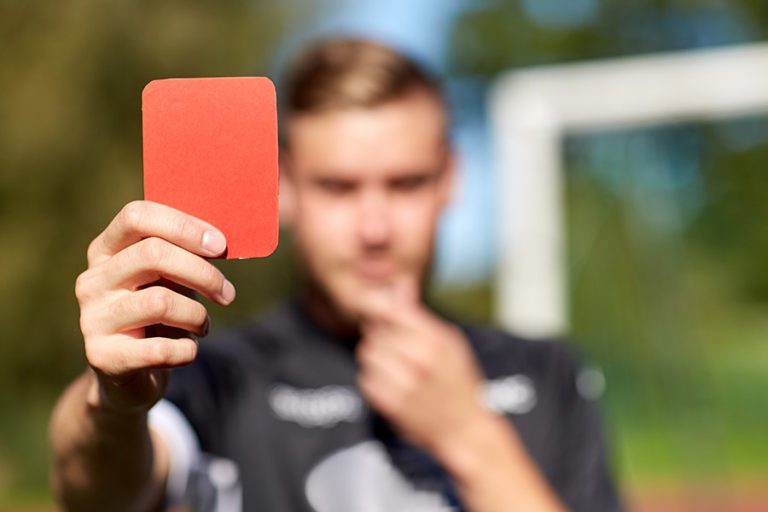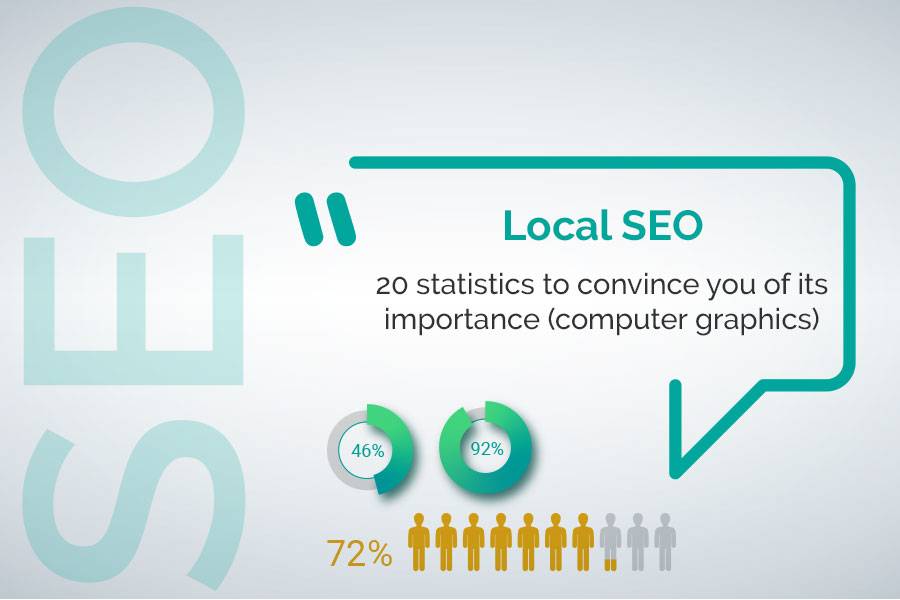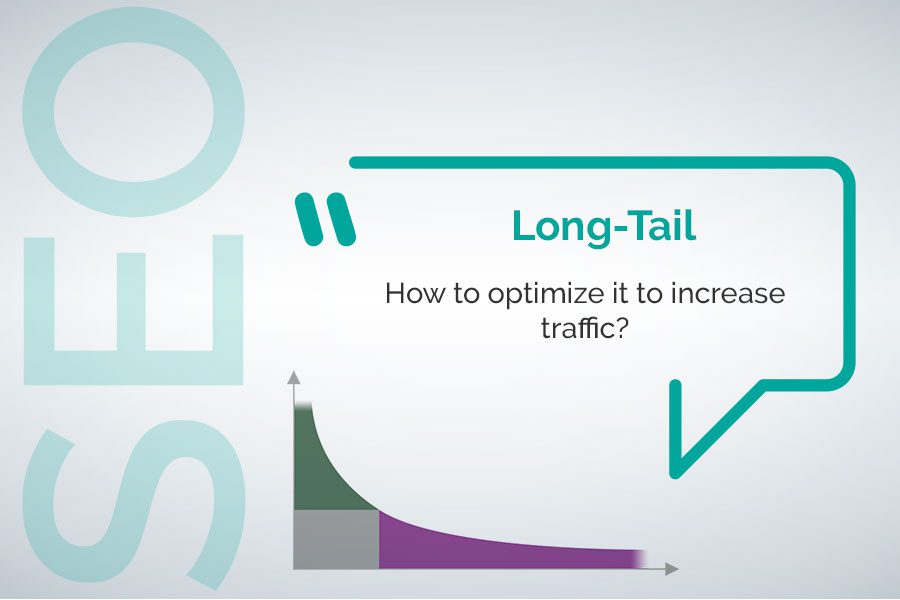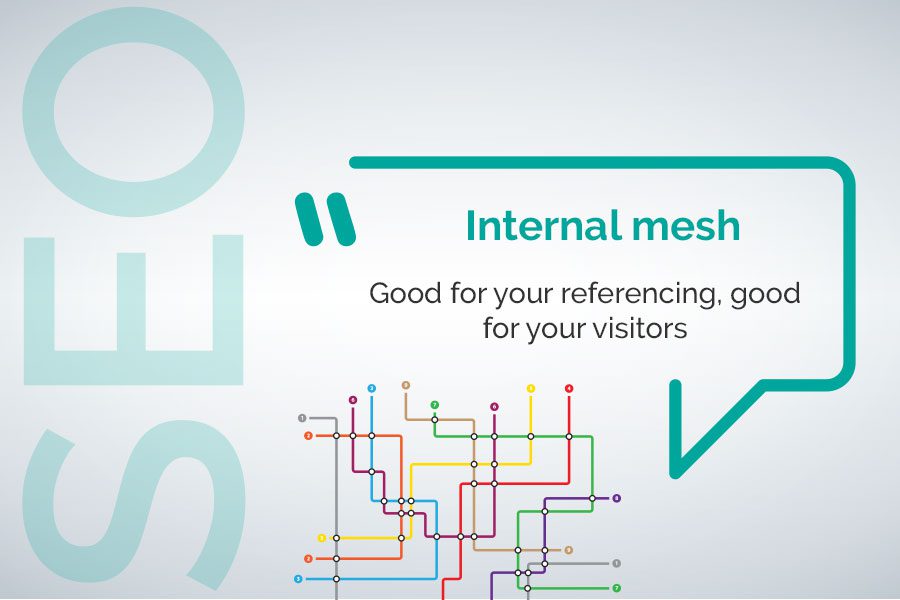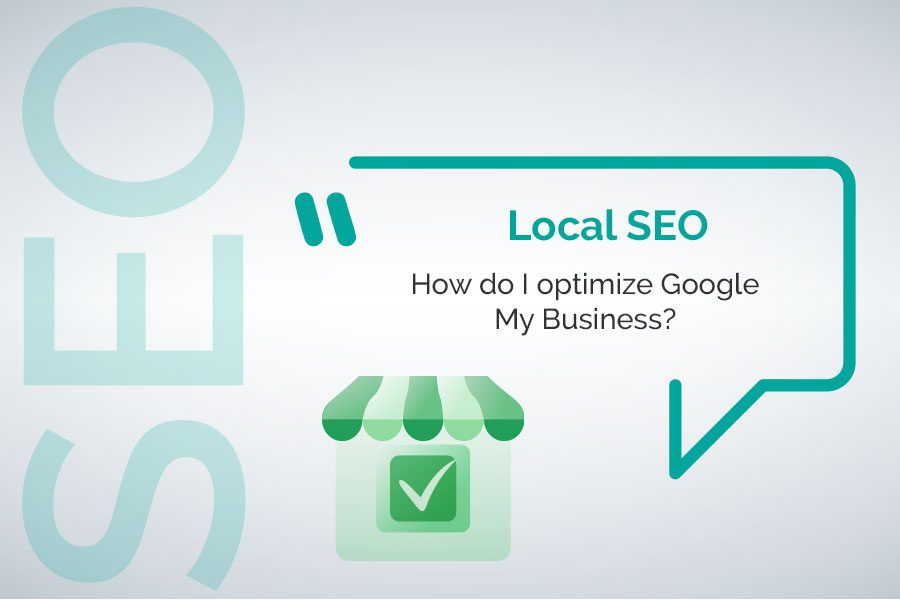Title Tag: How to write effective tags?
The meta tag <title> or title tag is part of the most determining element for the SEO, as well as the URL, the meta description tag, the Hn tags, the alt attributes and the internal links.
Its role is twofold: it allows search engine crawlers to know the content of a web page, and it encourages visitors to click.
The title tag should not be confused with the h1 tag which is the title of an article or a page visible by the users on the site, which is not the case of the title tag.
Its drafting is a specialized exercise during which it is necessary to be both technical, to meet the requirements of engines, while keeping an attractive style to capture the attention of users.
Summary:

